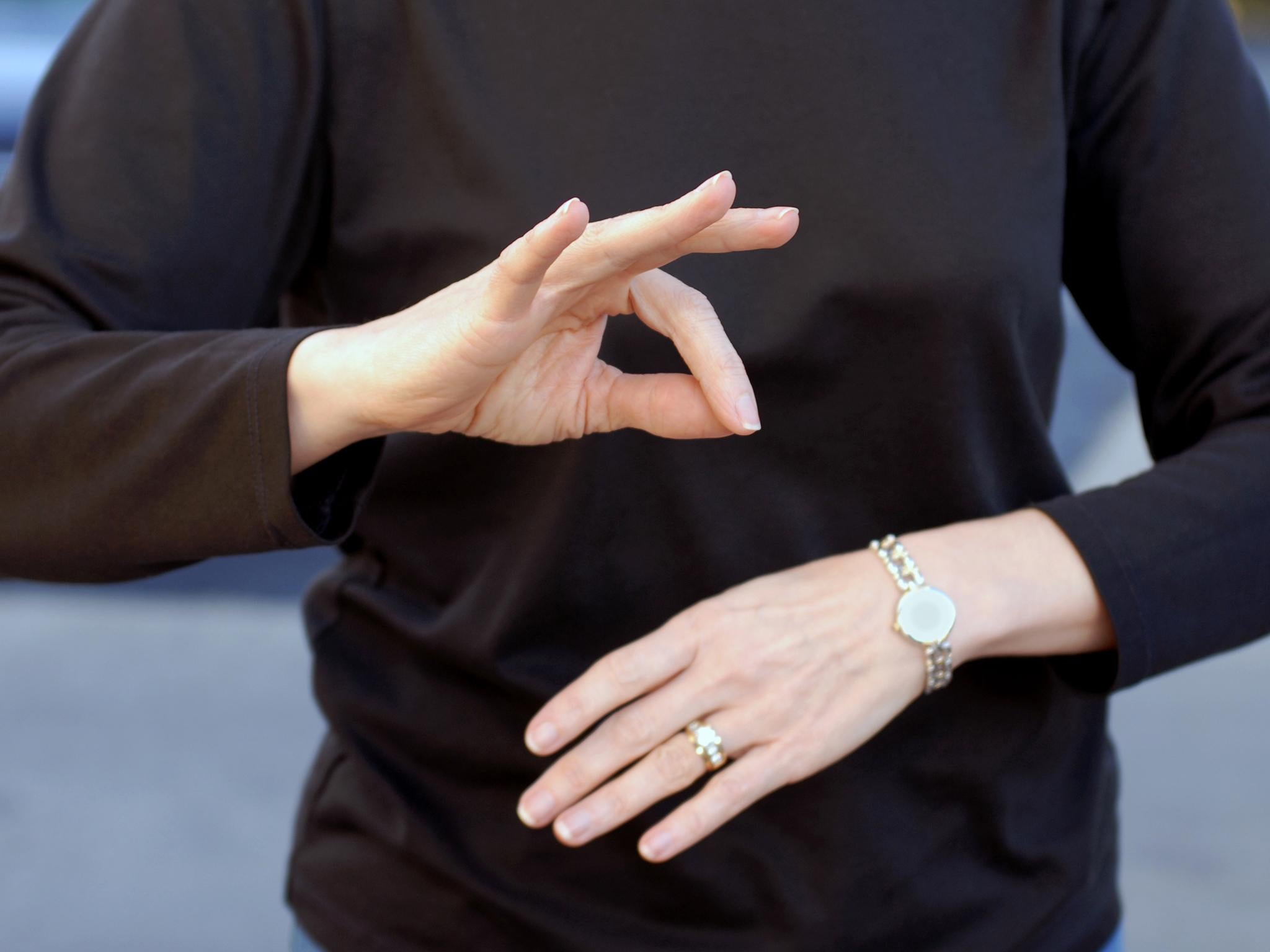Deaf woman loses High Court bid to serve on jury in Australia
'Deaf people should not be treated differently... it felt like a slap in the face'

Your support helps us to tell the story
From reproductive rights to climate change to Big Tech, The Independent is on the ground when the story is developing. Whether it's investigating the financials of Elon Musk's pro-Trump PAC or producing our latest documentary, 'The A Word', which shines a light on the American women fighting for reproductive rights, we know how important it is to parse out the facts from the messaging.
At such a critical moment in US history, we need reporters on the ground. Your donation allows us to keep sending journalists to speak to both sides of the story.
The Independent is trusted by Americans across the entire political spectrum. And unlike many other quality news outlets, we choose not to lock Americans out of our reporting and analysis with paywalls. We believe quality journalism should be available to everyone, paid for by those who can afford it.
Your support makes all the difference.The High Court in Australia has ruled to deny a woman the chance to become the country’s first deaf jury member, a decision she later described as “a smack in the face” for the deaf community.
In 2012, a registrar told Gaye Lyons from Queensland she should be excused from jury duty as a sign language interpreter could not be sworn into the conference room, according to state law.
The 69-year-old can lip read but needs an interpreter to communicate, and decided to take her case against the Queensland government to the High Court.
The court decided to uphold state law and said the presence of an interpreter in a deliberation room would cause “an incurable irregularity” which could affect the outcome of a case, resulting in the dismissal of Ms Lyons’ appeal.
Queensland attorney general Yvette D’Ath said the confidentiality of jury deliberations and the right to a fair trial were “among the most fundamental tenets of [Australia’s] justice system”, according to AP Australia.
"We're the same as everybody else, we're human, we have kids, we go to work, we drive cars, we pay mortgages - I was just fuming because I could not have equal access to this," Ms Lyons told reporters outside court.
"Why should the powers that be decide what's right for me, why should they decide what I can and can't do? It just made me livid, I was seething about the whole thing.”
Ms Lyons has repeatedly cited her detailed interest in the law and said jury duty was “something I really wanted to take part in”.
"After five years of struggle, just fighting for access for the Australian deaf community, it felt like a slap in the face.”
"For them [the High Court] to say that interpreters could not relay information accurately, that was the living end, that was the last straw for me. Deaf people should not be treated differently. The High Court does not see that,” she added.
In 2011, a deaf woman served on an inquest jury in the UK after several legal challenges found deaf people can fully comprehend courtroom discourse and jury deliberations through interpreters.
Exemptions for deaf people carrying out jury service in criminal trials were removed in Ireland and the UK after legal challenges during the 2000s. In the United States, they have been serving on juries since 1979.
New Zealand is another country where sign language interpreters are employed by courts to help deaf jurors contribute to trials.
Join our commenting forum
Join thought-provoking conversations, follow other Independent readers and see their replies
0Comments